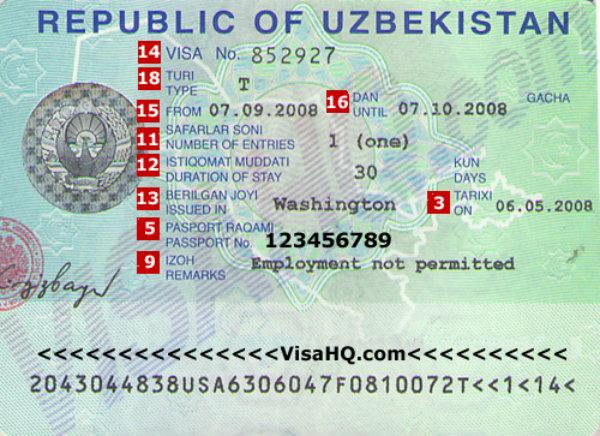Original article at www.vagabondjourney.com
So you want to teach English as a second language. First, congratulations. Second, just so you don’t harbor any illusions you must be fully aware that what you have done is nothing special — except for having a vague curiosity about the world we live in.
You should get a few things clear first: teaching English abroad is a great job that will pay well, allow you to work twenty hours a week, and travel the world. These things are all great, but after that it is the end of the line. You have little job security, no sort of retirement or pension bonuses, and the occasional periods of madness when you realize that you are only passing on something you already inherently know. Teaching English is not rocket science and no one will laugh at you when you make present perfect jokes or point out how their tenses didn’t match in their clauses.
So you still want to do it? I have devised a scientifically accurate eight point checklist to make sure you are ready to make the leap.
1. Do You Have a Pulse?
Okay, ESL schools are great at pretending in job interviews to really care about the students progression and proper classroom etiquette and demeanor, etc. Oh, and believe me, they reference check you and your supporting documents. I believe in a conscious level they do but in reality of it is numbers that dominates their decisions — as in numbers of students and numbers of dollars (yen, won, yuan, rials, etc.) falling into the coffers at the end of the day.
The proof is in the pudding whenever a teacher calls in sick. In theory, schools keep an up to date list of emergency teachers that can be called in on short notice. In practice, they will take a hobo off the street if said hobo is able to string together a set of sentences and somehow get the class to laugh. This leads directly to my second point….
2. Do You Own or Would You Be Willing to Try on a Monkey Suit?
I think most teachers around the world have some variation of the monkey suit. You normally teach a class for four-five hours a day, depending on the school and the course load, and, let’s face it, you aren’t going to teach grammar that long. Students pay to have some language learning and some fun. They won’t write postcards about the future continuous to their parents (i.e. The school will still have me paying bills until 2020) but will gladly tell their friends about the teacher who taught them that zany, crazy game that made the whole class laugh and gave them the best story over lunch break.
As a side note, many teachers seem to believe the monkey suit is best donned when coming to class with a bit of a hangover, as it masks any bad behavior from the night before and makes the admin staff think you are dedicated and passionate about teaching.
3. If Not in Possession of a Teaching Certificate, Then Go and Get One
I prefer CELTA. I actually believed the course was great and really raised my level of teaching. I know, I know, the criticisms: You don’t need it, it is an expensive waste of money to a company that is churning carbon copied cookie cutter teachers all teaching the same thing, etc. I understand these points, but politely disagree.
I think a classroom teaching certificate (not an on-line one) introduces you to enough theory about language acquisition and also prepares you for the pressure of walking into a classroom with dozens of waiting eyes fixed upon you. Because, let’s face it, we make a lot of jokes but these young adults pay a lot of money to study English and a few are really counting on these classes to improve their lives. In exchange, you get long weekends and a healthy pay rate. I think you owe it to them to be qualified and professional.
The ESL world gives you a lot of leeway but I don’t have much time for people who want to make a quick buck and think they can consistently teach class hungover. Give your students some love and appreciation. Learn about different theories and how speakers of other languages are taught and get a certificate, because, if nothing else, it pays for itself with your increased salary — and, besides, if all else fails, you still have the monkey suit in the closet.
4. Get to Asia, Quicksmart
It seems that the best way to get an ESL job is to already have or have had another ESL job. Well, to accomplish that feat then one must get to Asia where, provided you have a bachelor’s degree and, let’s face it, are white and reasonably good looking, you are basically already employed. Really, the decision is yours: China, Korea, and Japan are the most respected and ’stable' places to teach, while places like Vietnam and Indonesia have some very interesting opportunities.
As always do your homework. However, I sincerely believe at least a year in Asia is a fantastic way to learn about yourself, another country, and get paid reasonably well at the same time. It also gives you a lifetime of memories and a point of reference for all the other weirdos you will meet in this industry. I guess as a traveler by heart I can’t ever not recommend someone to go overseas. I see no drawbacks and it might truly decide if teaching is right for you after all.
Copyright © 2014 by Vagabond Journey Travel. This article was written by Lawrence Hamilton and originally published at www.vagabondjourney.com





